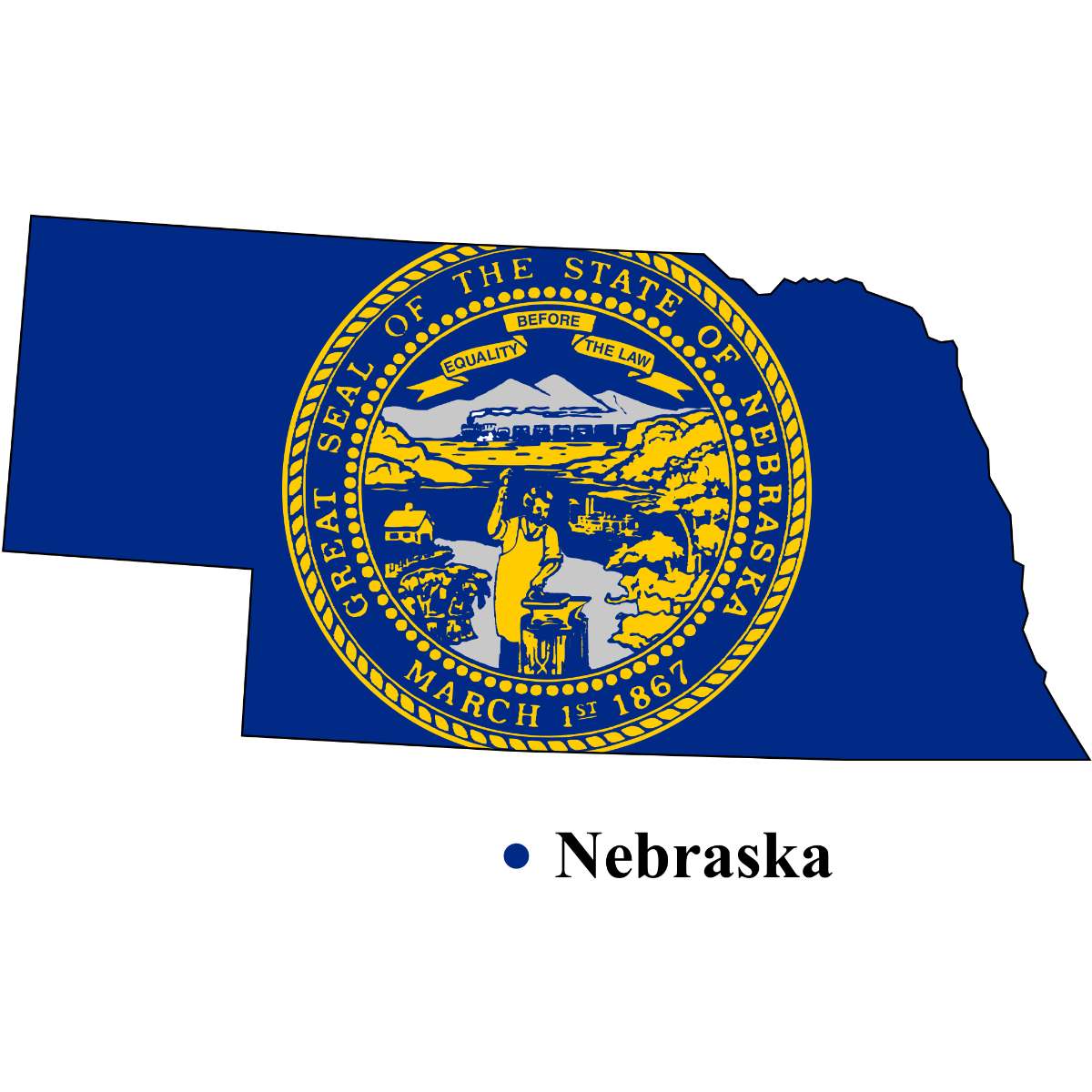Direct answer: Nebraska does not currently have a specific zero emission vehicle (ZEV) mandate in place.
Yet, electric vehicles enthusiasts should take heart. This piece will explore Nebraska’s subtle, yet remarkable strides towards promoting cleaner transportation.
Through initiatives indirectly boosting ZEV adoption and innovative policies fostering sustainable transportation, the Cornhusker State is making headway in the electric car market.
In this comprehensive examination, we’ll delve into the utilization of VW State Trust funds for ZEV infrastructure and assess how national programs impact EV adoption in Nebraska.
Understanding these intricate dynamics can help both potential EV owners and clean energy advocates navigate Nebraska’s evolving landscape.
Join me as we uncover how this seemingly quiet state is quietly electrifying its future.

Key Takeaways
| 1 | Nebraska does not appear to have a specific Zero Emission Vehicle (ZEV) mandate in place. However, initiatives and policies are in place indirectly promoting ZEVs. |
| 2 | The Nebraska Department of Environment and Energy proposed to utilize 10% of Nebraska’s initial allocation of its VW State Trust funds for Zero Emission Vehicle (ZEV) Charging Infrastructure. Moreover, Nebraska will have access to $30.2 million to expand the electric vehicle (EV) charging network over the next five years. |
| 3 | The U.S Department of Transportation’s NEVI Formula Program requires the Nebraska Department of Transportation to submit an annual EV report. Such efforts indicate a direction towards increasing usage and infrastructure for ZEVs in the state. |
Understanding Nebraska’s Approach to Zero Emission Vehicles (ZEVs)
While it may initially appear that Nebraska lacks a specific Zero Emission Vehicle mandate, deeper analysis suggests an indirect approach towards the promotion of these eco-friendly vehicles.
Unlike states like California, which have explicit ZEV mandates, Nebraska focuses on infrastructural development and funding allocation as a means to support the use of ZEVs. This indicates an underlying commitment towards sustainable transportation initiatives.
The absence of a direct mandate does not imply laxity in environmental conservation. Rather, it signifies Nebraska’s unique strategy in fostering gradual adoption of ZEVs. This approach is seemingly designed to ease residents into the transition without imposing stringent regulations.
The state’s method aligns with its specific circumstances and needs, considering factors such as population size, geographical layout, and vehicle market trends within Nebraska.
Initiatives and Policies Promoting ZEV Use in Nebraska
One key example of these indirect policies is how Nebraska has proposed using 10% of its VW State Trust funds for enhancing ZEV charging infrastructure. This move demonstrates an understanding that widespread adoption cannot occur without reliable charging options.
In addition, the state will receive $30.2 million over five years from a federal program aimed at expanding EV charging networks nationwide. These funds are earmarked for electrical grid updates necessary to facilitate EV charging.
Furthermore, the U.S Department of Transportation’s NEVI Formula Program requires the Nebraska Department of Transportation to submit an annual report on EV adoption rates. The existence of this reporting requirement underscores Nebraska’s acknowledgment and commitment towards increasing usage and infrastructure for electric vehicles.
The Role of VW State Trust Funds in Enhancing ZEV Charging Infrastructure
VW State Trust funds play a significant role in promoting ZEV adoption by addressing one crucial barrier – lack of adequate charging infrastructure.
In fact, all states receiving these funds have been advised by EPA to use them for actions that reduce NOx emissions – including investing in electric vehicle supply equipment (charging stations).
In line with this advice, Nebraska plans to allocate 10% of its initial allocation from this fund specifically towards expanding its ZEV Charging Infrastructure.
This strategic investment will not only enable current EV owners but also provide reassurance for potential buyers hesitant about transitioning due to ‘range anxiety’.
The Impact of the U.S Department of Transportation’s NEVI Formula Program on ZEV Adoption
The National Electric Vehicle Infrastructure (NEVI) Formula Program further aids States like Nebraska by providing substantial financial assistance targeted at building out their EV charging networks.
A total grant amounting up to $7.5 billion is available under this program which aims at facilitating nationwide travel using zero emission vehicles.
An important part about this program is its requirement that recipient states submit an annual report documenting their progress – another evidence pointing towards ongoing efforts aimed at increasing clean transportation options within their jurisdictions.
While specific regulations might differ from state to state it’s clear that there are concerted efforts across different sectors working towards achieving cleaner air through increased use of zero-emission vehicles.
Conclusion
Nebraska, though without a direct Zero Emission Vehicle (ZEV) mandate, evidently exhibits plans and policies geared towards indirectly boosting ZEV usage and infrastructure.
The employment of Nebraska’s VW State Trust funds for ZEV Charging Infrastructure, access to substantial funding for EV charging network expansion, and the obligation for annual EV reports under the NEVI Formula Program all serve as proof of this subtle but significant shift towards ZEV adoption.
- Tesla Charger Installation Cost (Home Setups) - March 1, 2024
- Tesla Phone Key Disconnected (Troubleshooting Guide and Quick Fixes) - March 1, 2024
- Tesla FSD 12 (Explained) - March 1, 2024